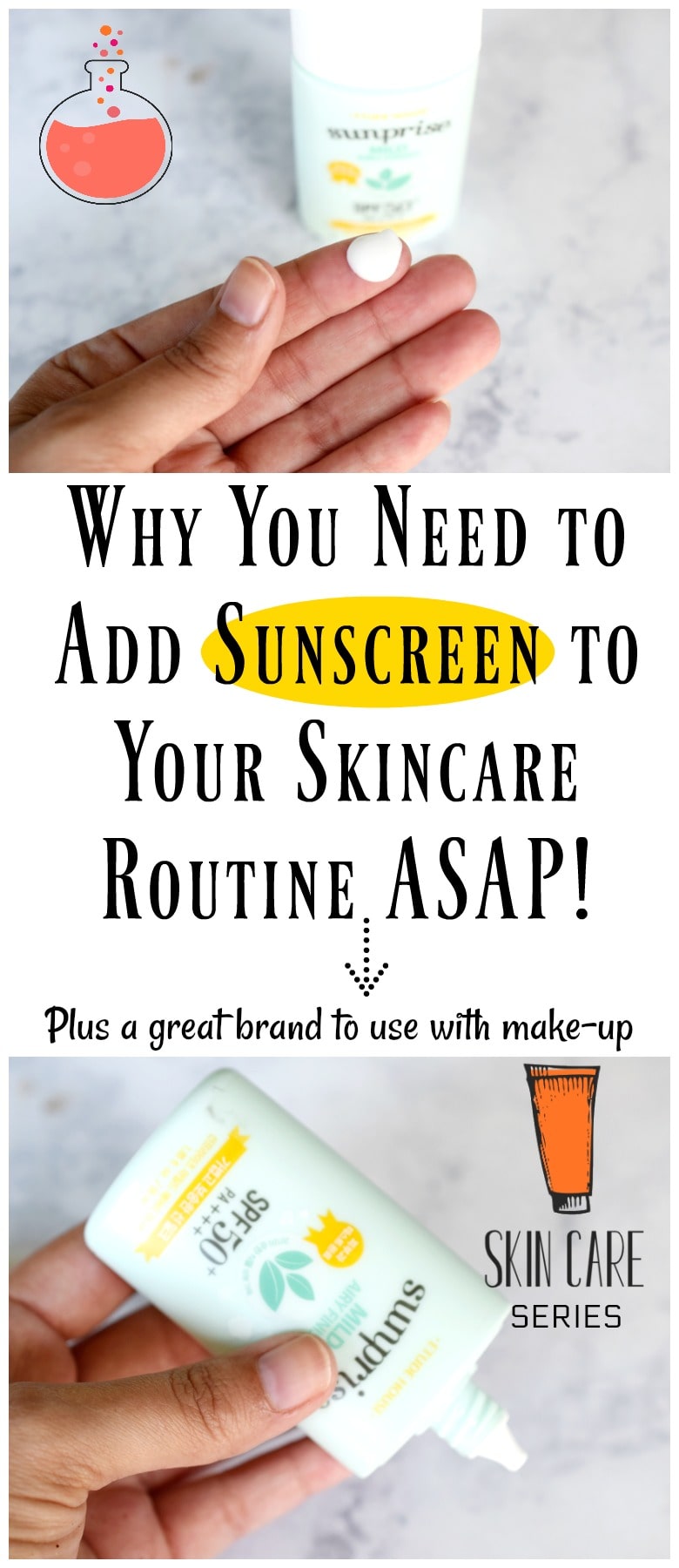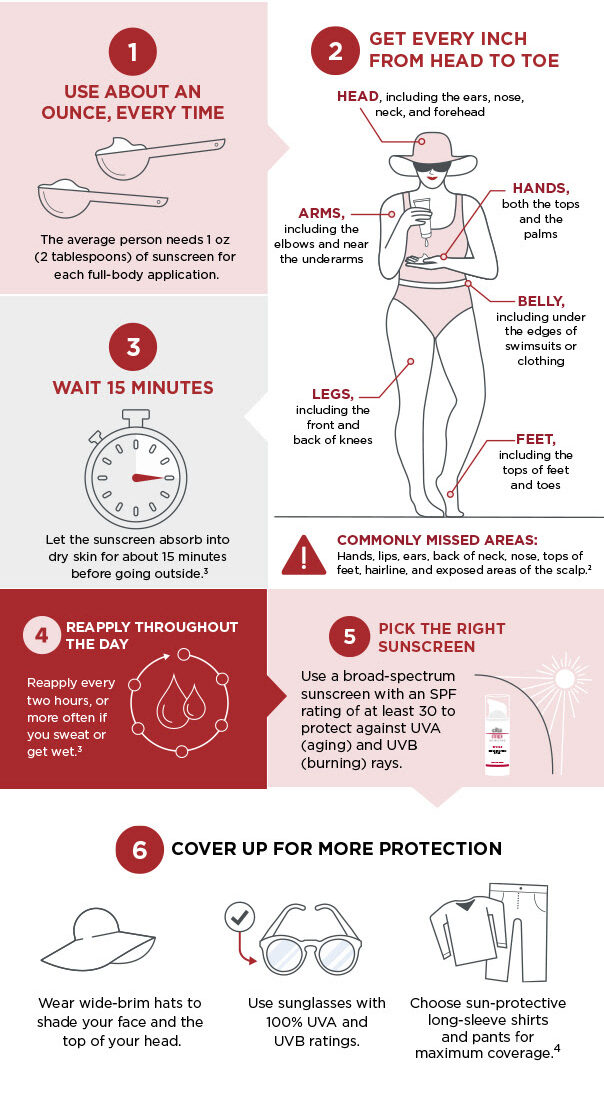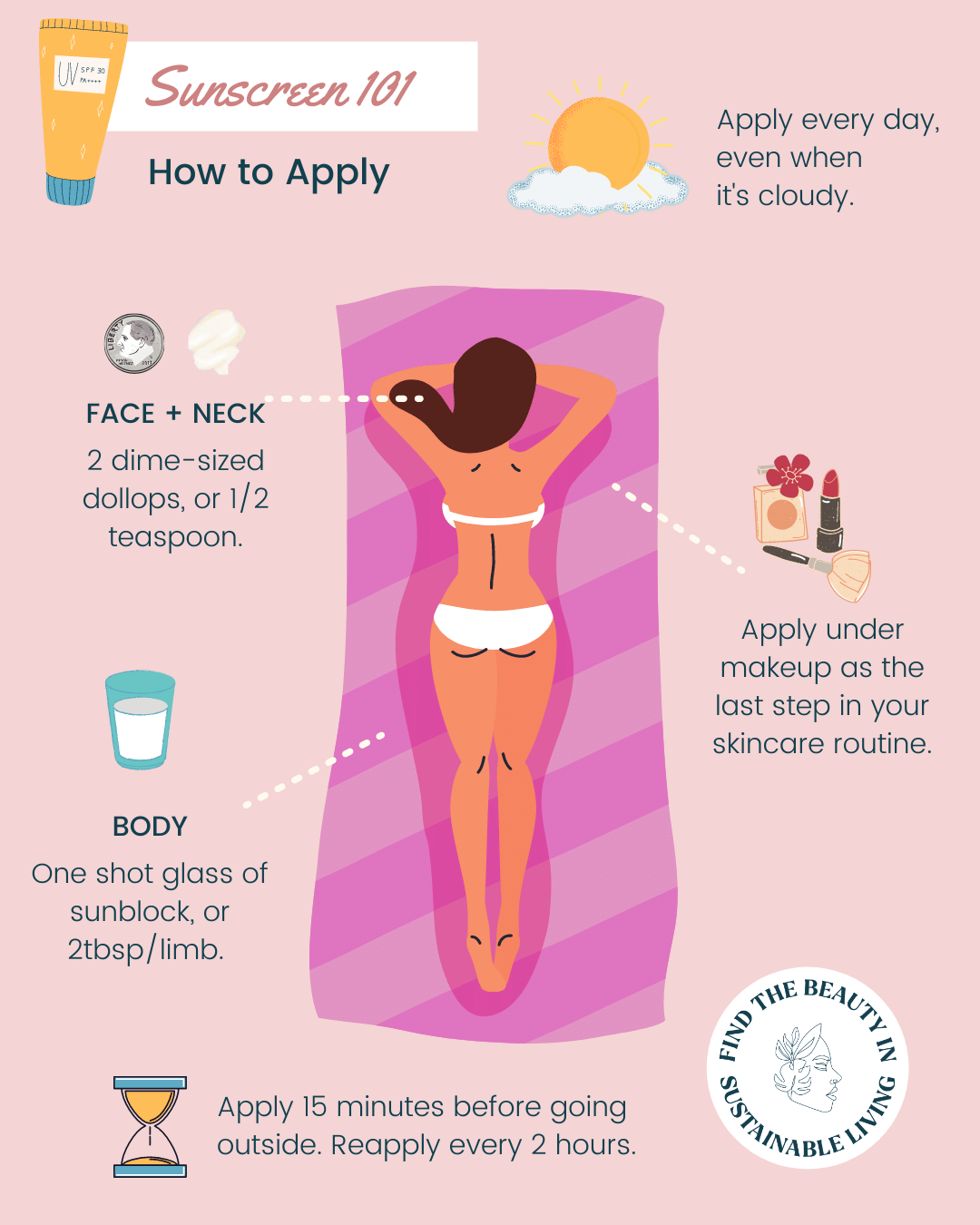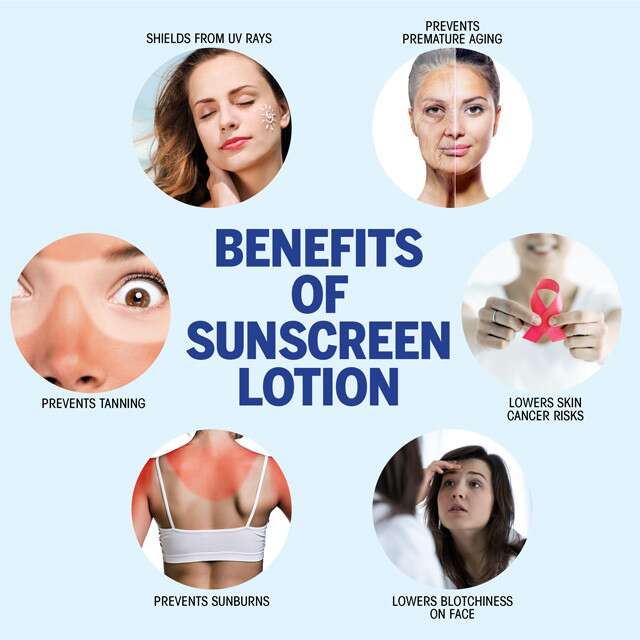
ProstaClear is the new winner in Men's Health! EPC's as high as $5.00! AOV's over $200 to general health lists! The hook on this offer is something your audience has never seen or heard before and it is written by a top copywriter!
Affiliates earn 75% commission on all versions and 50% commission on supplements. Fatty liver program converts on diet, diabetes, joint pain, liver, supplement, even non-health lists. Please opt-in and read rules BEFORE you promote to stay compliant.
Jon Benson & David Deutsch Copywriting Legends teamed up and crafted the most compelling sales copy you have seen. We know you need a big win to send to your list. THIS IS IT. Email us at affiliates@johnrowley.net for fresh email creative!
Get expert advice on when to apply sunscreen in your skincare routine for optimal protection against harmful UV rays. Learn about the best time to apply sunscreen, common misconceptions, and how to apply it correctly. Protect your skin from sun damage and premature aging by reading our comprehensive guide.
I. Introduction the importance of sunscreen in skincare routine

Importance Of Sunscreen In Skincare Routine
Sunscreen is a crucial component of any skincare routine. It provides protection against harmful UV rays, which can cause sunburn, premature aging, and even skin cancer. While most people understand the importance of using sunscreen, many don't realize that the timing of its application can significantly impact its effectiveness.
In this article, we will explore when to apply sunscreen in your skincare routine to maximize its benefits. We'll provide expert advice on the best time to apply sunscreen, common misconceptions about sunscreen application, and tips for getting the most out of your sunscreen.
We'll start with a brief overview of the importance of sunscreen in your skincare routine. We'll explain how sunscreen works and why it's essential to protect your skin from the sun's harmful rays. We'll also touch on the different types of sunscreen available and what to look for when choosing the right one for your skin.
From there, we'll dive into the main topic of the article and discuss the best time to apply sunscreen. We'll provide evidence-based insights from skincare experts on when to apply sunscreen, how much to use, and how often to reapply it throughout the day.
Read more: Skincare 101: The Basics of a Healthy Skincare Routine
The Importance of Timing: When to Apply Sunscreen in Your Skincare Routine
We'll also debunk common misconceptions about sunscreen application and explain why timing is crucial in getting the most out of your sunscreen. We'll discuss the benefits of using sunscreen, such as reducing the risk of skin cancer and premature aging, and provide tips on how to apply sunscreen correctly for optimal protection.
Overall, this article will provide a comprehensive guide on when to apply sunscreen in your skincare routine based on evidence from skincare experts. Whether you're a skincare enthusiast or looking to improve your sunscreen application skills, this article is a must-read.
II. What is Sunscreen?
What is Sunscreen?

What is Sunscreen?
Sunscreen is a topical product that provides protection against the sun's harmful ultraviolet (UV) rays. It's a vital component of any skincare routine, as it helps to prevent sunburn, premature aging, and skin cancer.
There are two main types of sunscreen available in the market: chemical and physical. Chemical sunscreen works by absorbing UV rays, while physical sunscreen (also known as mineral sunscreen) works by reflecting them. Chemical sunscreen typically contains active ingredients like oxybenzone and avobenzone, while physical sunscreen contains ingredients like zinc oxide and titanium dioxide.
Sunscreen works by creating a barrier between your skin and the sun's UV rays. When UV rays come into contact with your skin, they can cause damage to the DNA in your skin cells, leading to sunburn, premature aging, and skin cancer. Sunscreen helps to protect your skin by either absorbing or reflecting these UV rays, preventing them from penetrating your skin.
It's essential to choose a sunscreen with a high sun protection factor (SPF) to ensure adequate protection. The American Academy of Dermatology recommends using a sunscreen with an SPF of 30 or higher.
In addition to protecting against UV rays, many sunscreens also provide additional benefits, such as moisturizing and nourishing the skin. Some sunscreens also contain antioxidants, which can help to neutralize free radicals that can cause damage to the skin.
In the next section, we'll dive into the main topic of the article and discuss when to apply sunscreen in your skincare routine for optimal protection.
Read more: how to build a skincare routine
III. When to Apply Sunscreen

When To Apply Sunscreen
Applying sunscreen is essential, but did you know that the timing of application can impact its effectiveness? It's not enough to simply apply sunscreen once a day and expect it to protect your skin all day long. Here's what you need to know about when to apply sunscreen for optimal protection.
The recommended time to apply sunscreen is at least 15-30 minutes before sun exposure. This allows the sunscreen to absorb into your skin and form a protective barrier. It's also important to reapply sunscreen every two hours, especially if you're swimming, sweating, or toweling off.
Experts agree that applying sunscreen at the right time is crucial for adequate protection. According to the American Academy of Dermatology, sunscreen should be applied every day, regardless of the weather, to protect against both UVA and UVB rays.
Some common misconceptions about when to apply sunscreen include only applying it when it's sunny outside or only to exposed skin. However, it's essential to apply sunscreen to all areas of your skin that will be exposed to the sun, even on cloudy days. UV rays can penetrate clouds and cause skin damage, so it's important to protect your skin year-round.
Additionally, many people forget to reapply sunscreen after swimming, sweating, or towel drying, which can significantly decrease its effectiveness. It's important to make a habit of reapplying sunscreen every two hours to ensure continuous protection.
In conclusion, applying sunscreen at the right time is crucial for protecting your skin from the sun's harmful rays. By following the experts' recommendations and applying sunscreen at least 15-30 minutes before sun exposure and reapplying every two hours, you can ensure optimal protection for your skin.
IV. How to Apply Sunscreen

How To Apply Sunscreen
Applying sunscreen properly is key to ensuring that your skin is adequately protected from the sun's harmful rays. Here are some tips for applying sunscreen correctly:
- Use enough sunscreen: It's important to use enough sunscreen to cover all areas of your skin that will be exposed to the sun. The American Academy of Dermatology recommends using about one ounce of sunscreen (equivalent to a shot glass full) to cover your entire body.
- Apply evenly: Apply sunscreen evenly to all areas of your skin, including your face, ears, neck, and any other exposed areas. Don't forget to apply sunscreen to your scalp, especially if you have thinning hair or a bald spot.
- Use a higher SPF for prolonged sun exposure: If you're going to be outside for an extended period of time, use a sunscreen with a higher SPF (sun protection factor) of at least 30. This will provide additional protection against the sun's harmful rays.
- Reapply often: Reapply sunscreen every two hours, especially if you're swimming, sweating, or towel drying. Even water-resistant sunscreen can wear off after a certain amount of time, so it's essential to reapply regularly.
- Don't forget to apply sunscreen on cloudy days: UV rays can penetrate clouds and cause skin damage, so it's important to protect your skin even on cloudy days.
In conclusion, applying sunscreen properly is essential for protecting your skin from the sun's harmful rays. By using enough sunscreen, applying it evenly, using a higher SPF for prolonged sun exposure, and reapplying often, you can ensure that your skin is adequately protected.
V. Benefits of Using Sunscreen

Benefits Of Using Sunscreen
Using sunscreen as part of your daily skincare routine has numerous benefits for your skin's health and appearance. Here are some of the most significant benefits of using sunscreen:
- Protection against UV rays: Sunscreen protects your skin from the harmful effects of UV radiation, which can cause sunburn, skin damage, and even skin cancer. UV radiation is present even on cloudy or overcast days, so it's essential to wear sunscreen every day, regardless of the weather.
- Reduction in the risk of skin cancer: Skin cancer is the most common type of cancer in the United States, and it's primarily caused by exposure to UV radiation. Regular use of sunscreen can significantly reduce your risk of developing skin cancer, including the deadliest form, melanoma.
- Prevention of premature aging: Exposure to UV radiation can cause premature aging of the skin, including wrinkles, fine lines, and age spots. Regular use of sunscreen can help prevent premature aging by protecting your skin from the sun's harmful rays.
- Protection against other skin damage: In addition to preventing sunburn and skin cancer, sunscreen can also protect your skin from other types of damage, such as dark spots, hyperpigmentation, and inflammation.
In conclusion, using sunscreen regularly is essential for protecting your skin's health and appearance. By providing protection against UV radiation, reducing the risk of skin cancer, preventing premature aging, and protecting against other types of skin damage, sunscreen is a crucial part of any skincare routine.
VI. Choosing the Right Sunscreen

Choosing The Right Sunscreen
When it comes to protecting your skin from harmful UV rays, sunscreen is an essential part of your skincare routine. However, with so many options available in the market, choosing the right sunscreen can be overwhelming. In this article, we will explore the factors to consider when choosing a sunscreen and when to apply it in your skincare routine, based on evidence from experts.
Factors to consider when choosing a sunscreen
- Skin type: People with oily skin may prefer a lightweight, oil-free sunscreen, while those with dry skin may need a more hydrating formula.
- Sun protection factor (SPF): The SPF rating measures the amount of protection a sunscreen provides against UVB rays, which are the primary cause of sunburn. The American Academy of Dermatology (AAD) recommends using a sunscreen with an SPF of at least 30.
- Broad-spectrum protection: Look for sunscreens that offer broad-spectrum protection, which means they protect against both UVA and UVB rays. UVA rays penetrate deep into the skin and cause premature aging, while UVB rays cause sunburn.
- Water resistance: If you plan to be in the water or sweat, consider a water-resistant sunscreen. However, keep in mind that water-resistant does not mean waterproof, and you should reapply sunscreen every two hours or immediately after swimming.
- Ingredients: Avoid sunscreens that contain harmful ingredients such as oxybenzone, octinoxate, and retinyl palmitate, which have been linked to environmental damage and hormone disruption. Instead, look for sunscreens that contain zinc oxide or titanium dioxide, which are physical sunblocks that sit on top of the skin and reflect UV rays.
SPF ratings and their significance
The SPF rating measures the amount of UVB radiation that a sunscreen can filter out. The AAD recommends using a sunscreen with an SPF of at least 30, which filters out about 97% of UVB rays. Sunscreens with higher SPF ratings provide slightly more protection but are not significantly different from SPF 30. For example, an SPF 50 sunscreen filters out about 98% of UVB rays, while an SPF 100 sunscreen filters out about 99%.
Recommended ingredients to look for in sunscreen using keyword nu skin sunright insta glow
Nu Skin Sunright Insta Glow is a popular sunscreen that contains natural ingredients that provide sun protection and nourish the skin. Some of the key ingredients in this sunscreen include:
- Zinc oxide: This physical sunblock provides broad-spectrum protection and is gentle on the skin.
- Titanium dioxide: This ingredient also acts as a physical sunblock and is safe for sensitive skin.
- Safflower oil: This ingredient provides moisture to the skin and helps prevent dryness.
- Shea butter: This ingredient nourishes the skin and helps maintain its elasticity.
When to apply sunscreen in skincare routine

When To Apply Sunscreen In Skincare Routine
The AAD recommends applying sunscreen every day, even on cloudy days, to protect your skin from UV damage. Apply sunscreen at least 15 minutes before going outdoors, and reapply every two hours or immediately after swimming or sweating. Sunscreen should be the last step in your skincare routine, after moisturizer and before makeup.
In conclusion, choosing the right sunscreen is crucial for protecting your skin from harmful UV rays. Look for a broad-spectrum sunscreen with an SPF of at least 30 and natural ingredients such as zinc oxide and titanium dioxide. Apply sunscreen every day as part of your skincare routine, and reapply every two hours or immediately after swimming or sweating. With these tips, you can enjoy the sun safely and maintain healthy, glowing skin.
Conclusion
In conclusion, incorporating sunscreen into your daily skincare routine is vital for protecting your skin from the damaging effects of UV rays. Sunscreen can prevent premature aging, reduce the risk of skin cancer, and keep your skin healthy and glowing.
When choosing a sunscreen, consider your skin type, SPF rating, broad-spectrum protection, water resistance, and ingredients. Look for natural ingredients such as zinc oxide and titanium dioxide, and avoid harmful ingredients such as oxybenzone and octinoxate.
To apply sunscreen correctly, do so at least 15 minutes before sun exposure and reapply every two hours or immediately after swimming or sweating. Remember that sunscreen should be the final step in your skincare routine, after moisturizer and before makeup.
Final thoughts and recommendations:
In addition to wearing sunscreen, it's important to take other precautions to protect your skin from UV rays. Wear protective clothing, seek shade during peak hours, and avoid tanning beds.
If you're unsure which sunscreen to choose or have any concerns about sun protection, consult a dermatologist. They can recommend a sunscreen that is appropriate for your skin type and provide additional tips for sun protection.
By incorporating sunscreen into your skincare routine and taking other sun protection measures, you can enjoy the outdoors while keeping your skin healthy and radiant.
References:
American Academy of Dermatology Association. (n.d.). Sunscreen FAQS. Retrieved from
https://www.aad.org/public/everyday-care/sun-protection/sunscreen-patients/sunscreen-faqs
Environmental Working Group. (2021). Sunscreens. Retrieved from
https://www.ewg.org/sunscreen/
Mayo Clinic. (2020). Sunscreen: What it is and how to use it. Retrieved from
https://www.mayoclinic.org/healthy-lifestyle/adult-health/in-depth/sunscreen/art-20045615






